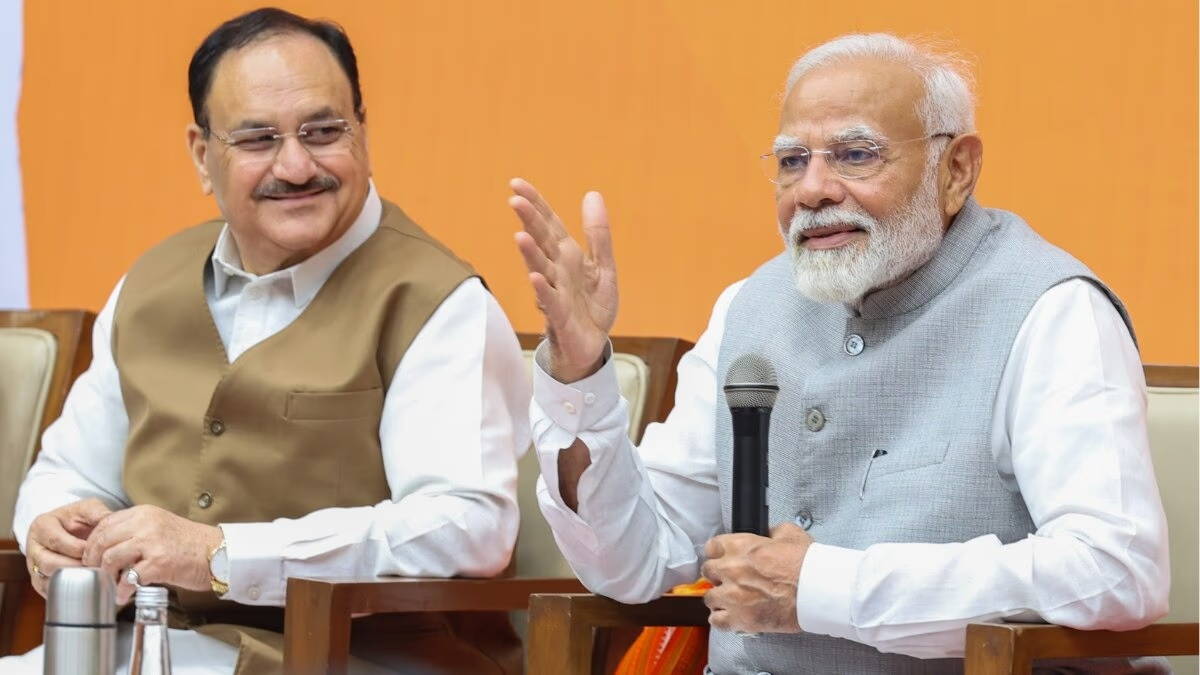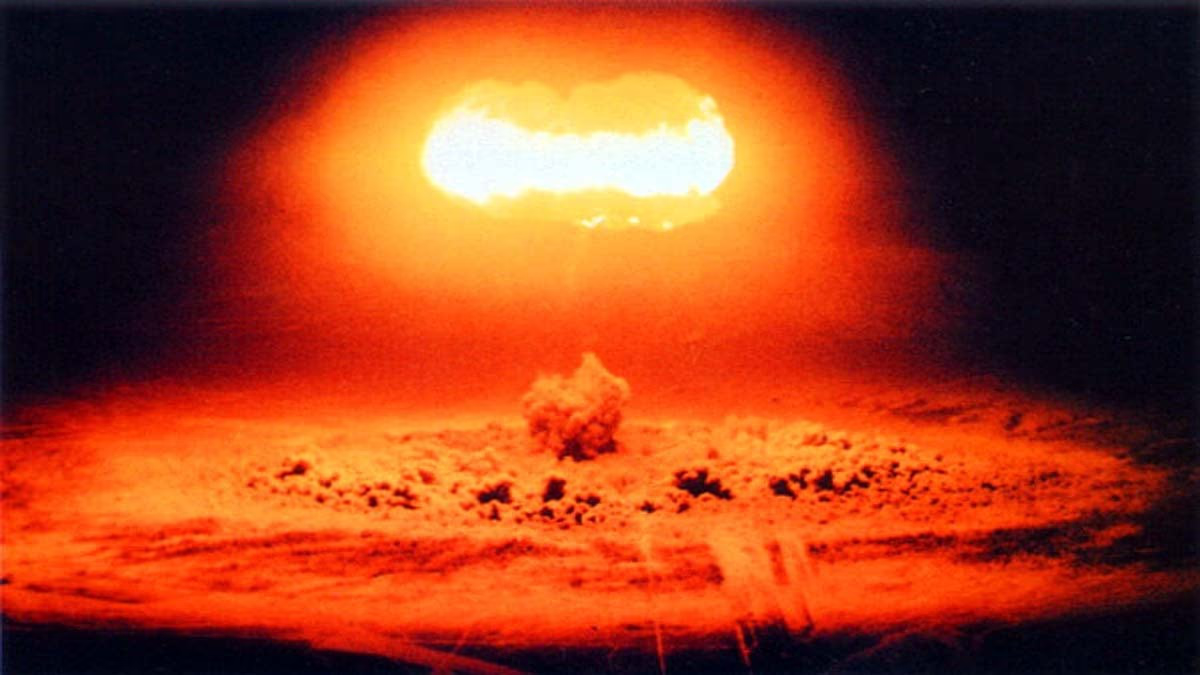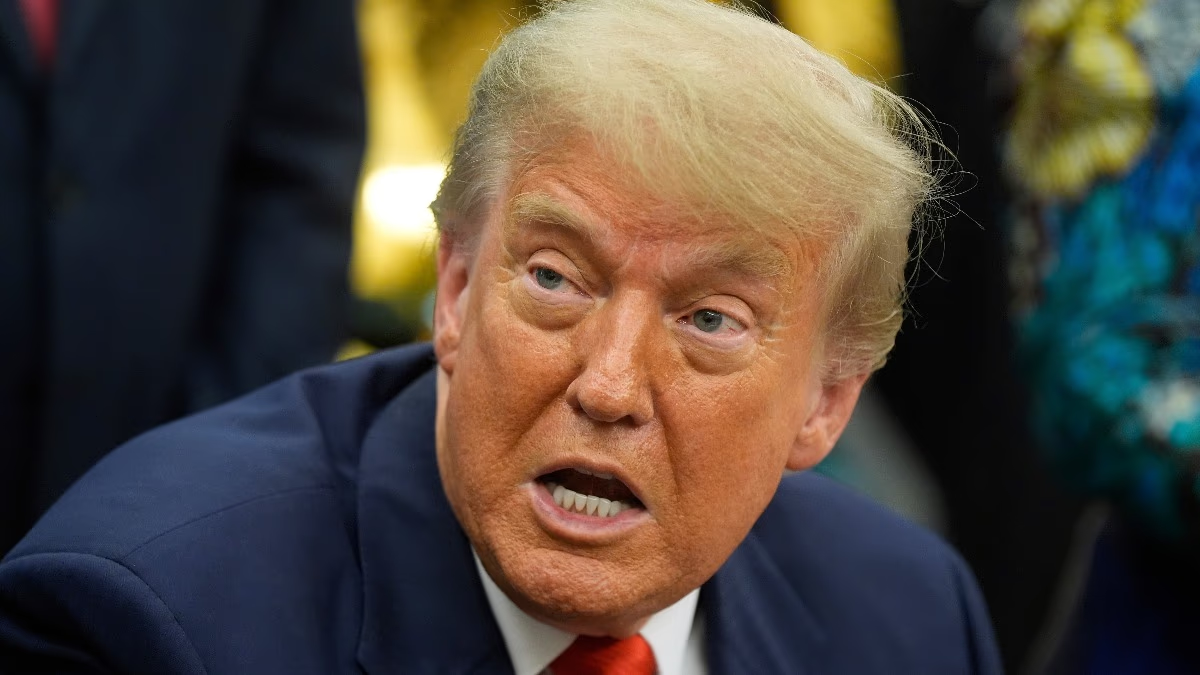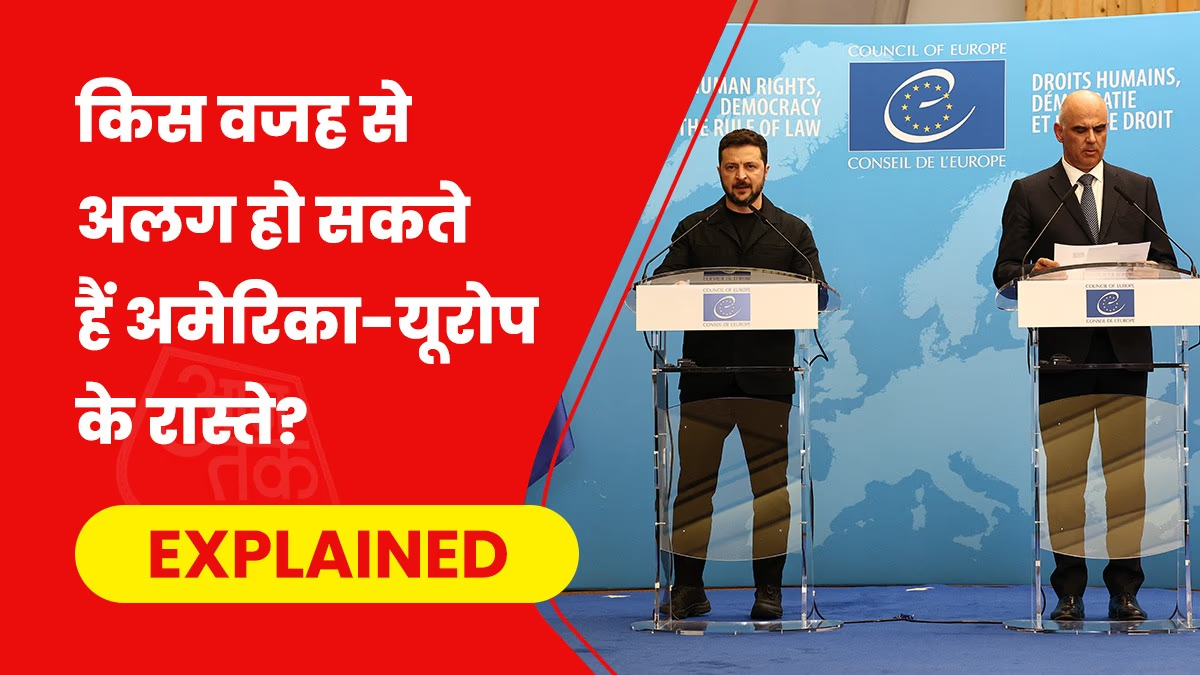An air of anticipation surrounds the Bharatiya Janata Party (BJP) as the election for the national president witnesses an unexpected delay. Party insiders suggest this crucial election might now be postponed until next month, despite being initially slated for January this year.
The primary reason for this delay appears to be the pending election of state presidents in Uttar Pradesh and Gujarat. These two pivotal states must secure their leadership before the national president can be chosen.
Significant Organizational Reshuffles After Presidential Election
Following the election of the BJP president, sweeping organizational changes are on the horizon. It's been hinted that some influential leaders might be inducted into the party's highest decision-making body, the Parliamentary Board.
The party is on the lookout for a leader capable of not only strengthening the organization but also steering it with an electoral vision. Sources reveal a focus on organizational fortitude over political messaging in this presidential selection.
Up to 50% National Secretaries Could Be Replaced
Post-election, the party could witness up to 50% of national general secretaries being replaced. There's a strategic move to integrate youthful vigor into the organization. Some senior leaders might transition from their governmental roles to serve in the party.
According to sources, before the upcoming Bihar Legislative Assembly elections, Prime Minister Narendra Modi might revamp his cabinet. Currently, nine positions in the council of ministers are vacant. Additionally, AIADMK, a new partner in the NDA, could gain representation within the cabinet.
Age Limit Imposed on District President Elections
In a move to emphasize grassroots workers, the BJP has set a 60-year age limit for district president elections, with certain exceptions observed. Similarly, key responsibilities within the organization have been given to those active for at least a decade.
Rajeev Chandrasekhar, a Rajya Sabha MP from Kerala, notably defies this policy, being assigned significant responsibility within the organization. While consensus on the new president remains elusive, the post-election phase is expected to clarify major organizational and governmental changes.




